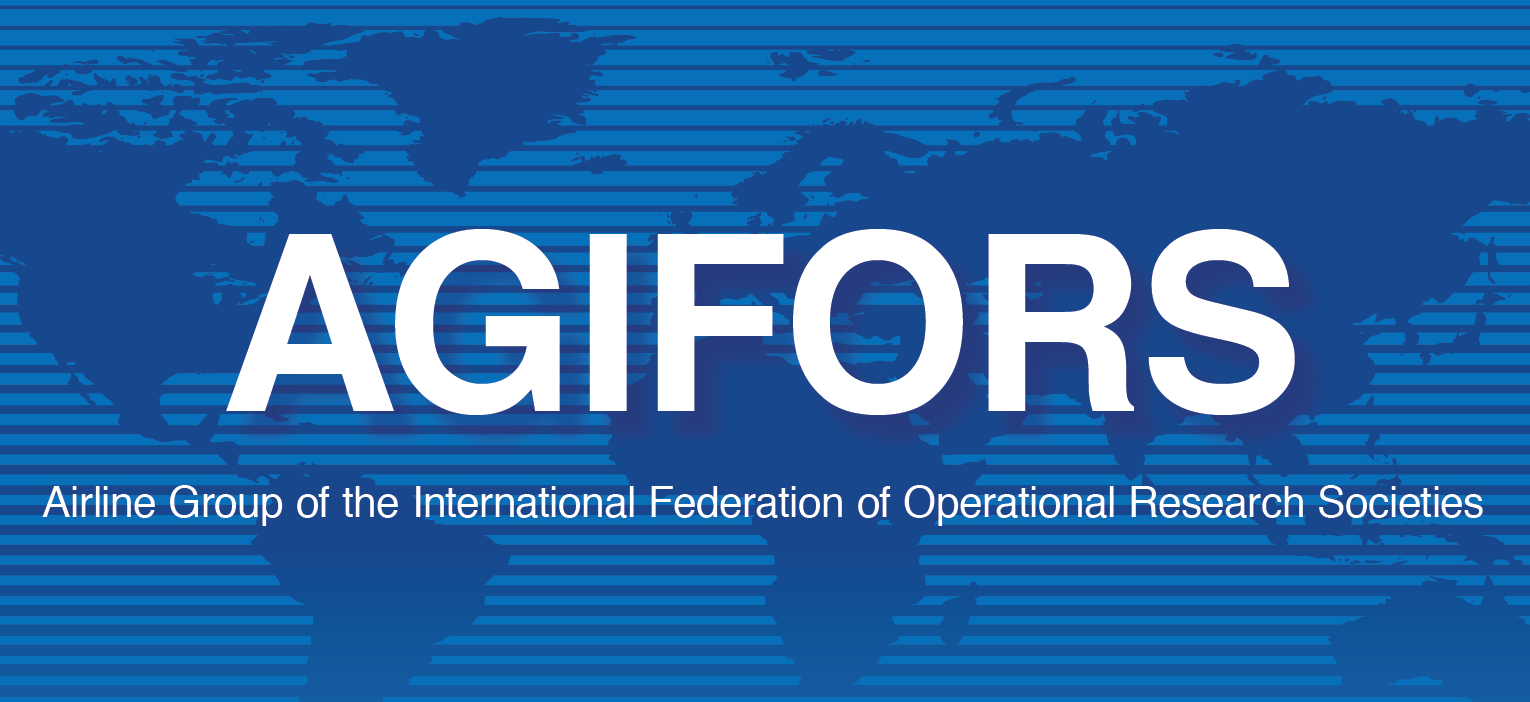Overview
With regard to the technical program, 2022 has been one of transition for the airline industry, with recovery rates differing across the world. Never before have we parked about 50% of our aircraft for months, and then attempted to reactive so many aircraft and align crew resources so quickly. This whiplash effect has created unprecedented challenges across multiple functional areas including revenue management, scheduling, crew management, operations, and maintenance. The AGIFORS Symposium provides a platform for airline experts and decision makers to come together and exchange ideas on how the industry is addressing these and other challenges. The Symposium will feature recent advancements in revenue management, disruption management, schedule recovery, crew recovery, workforce planning, and predictive maintenance. Many of these features will feature advanced analytics methods, including machine learning and AI. Experts come from airlines, air transport associations, universities, industrial research labs, consulting firms, and vendors.

Quantifying the Performance Gain of Using Shopping Data in Fare Pricing
Authors:
Michael Wu, Chief AI Strategist, PROS
Angela Lombardi, Manager of Operations Research, Emirates
Abstract
Since most travelers will look before they book, shopping data (a.k.a., flight search data) contain much information about people’s intent to travel. Therefore, it’s intuitively a strong predictor of future demand for flights. However, extracting such information and leveraging it to help price airfares have proven to be very challenging. This presentation will explore several use cases where shopping data’s demand forecasting potential can be utilized. We then quantify the theoretical performance gain of using shopping data to augment demand forecasting.
Our initial results are extremely promising, showing an RMS error reduction of up to ~40% when shopping data is used. Although this improvement is highly inflated due to the low denominator effect of using a test period during COVID, the pre-COVID test timeframe still yields a huge improvement of ~20%. Subsequent investigations led to a surprising discovery that simply aggregating across the granular dimensions can reduce forecast error significantly. When quantifying the forecast accuracy improvement under the most granular dimension, results from two independent methods converge at ~8%. Although this result is still likely inflated, it demonstrates the value of using shopping data in demand forecasting, revenue management, and more generally, in airfare pricing.
Estimating Price Sensitivity via Machine Learning with Causal Inference
Authors:
Darius Walczak, Senior Director
Ravi Kumar, Lead Scientist
Abstract
To improve their pricing airlines (and other sellers) have been experimenting with dynamically adjusting prices of their products based on unique product features and other relevant information available at the time of request. Such functionality usually requires estimates of customers’ price-sensitivity based historical sales transaction data. However, when sales channels are not fully controlled by the firm, access to good quality loss information is challenging. But, in the absence of loss information, one can still estimate the price-sensitivity by learning price-demand relationships (demand response modeling) with aggregated sales for a product in given time period e.g., daily sales. Such estimation of price-sensitivity parameters via demand response modeling lies in the realm of Causal Inference (and not prediction) and construction of estimators robust to confounders and model misspecifications remains a challenge. Modern machine learning (ML) despite its high predictive power, does not easily lend itself to constructing an interpretable framework for price elasticity estimation. In this talk we propose a hybrid framework that builds on the synergy between predictive power of modern Machine Learning (ML) approaches and interpretable semi-parametric models for robust price-sensitivity estimation. We show performance of our hybrid approach methods via simulation studies.
Featured Speakers

Michael Wu
Chief AI Strategist at PROS
PROS
Darius Walczak
Principal Research Scientists and Senior Director
PROS